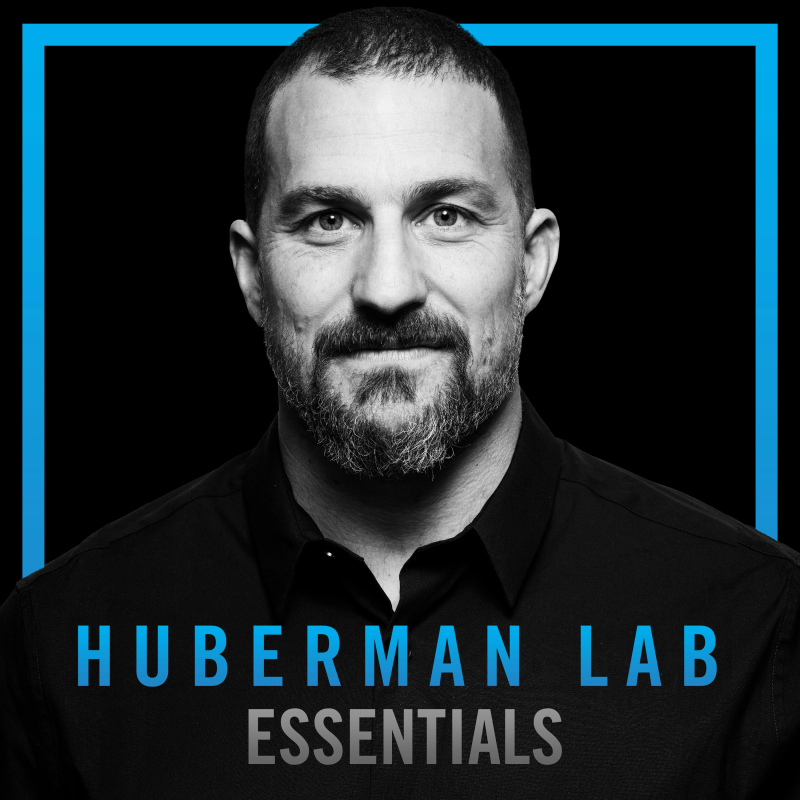
Essentials: The Science of Gratitude & How to Build a Gratitude Practice

In this Huberman Lab Essentials episode, I explore the science of gratitude and how to develop an effective, research-supported gratitude practice.
I explain why common gratitude practices (like simply listing things you're grateful for) are far less impactful than engaging in story-based gratitude practices. I also explain how being grateful activates specific brain regions, which enhance calm, social connection and motivation, while reducing anxiety and inflammation. Finally, I share why we can't simply trick our brains into feeling grateful and describe a practical weekly gratitude practice that will improve both your mental and physical well-being.
Read the episode show notes at hubermanlab.com.
Thank you to our sponsors
AGZ by AG1: https://drinkagz.com/huberman
Eight Sleep: https://eightsleep.com/huberman
Our Place: https://fromourplace.com/huberman
Timestamps
(0:00) Gratitude
(0:30) Gratitude Practice Benefits
(3:22) Pro-Social vs Defensive Behaviors, Gratitude
(6:25) Sponsor: Eight Sleep
(8:07) Serotonin, Brain & Context, Gratitude Mindset
(14:02) Context, Can You Lie to Yourself?
(14:48) Effective Gratitude Practice, Tools: Receiving Gratitude, Story
(21:18) Sponsor: AGZ by AG1
(22:47) Tool: Find & Revisit Inspirational Stories
(27:30) Heartfelt Intention, Genuine Thanks
(29:42) Sponsor: Our Place
(31:03) Gratitude Practice Benefits for Anxiety, Fear & Motivation
(33:29) Gratitude Practice Benefits for Immune System
(36:02) Recap: Establishing an Effective Gratitude Practice
Disclaimer & Disclosures
Learn more about your ad choices. Visit megaphone.fm/adchoices
Popis podcastu
The Huberman Lab podcast is hosted by Andrew Huberman, Ph.D., a neuroscientist and tenured professor in the department of neurobiology, and by courtesy, psychiatry and behavioral sciences at Stanford School of Medicine. The podcast discusses neuroscience and science-based tools, including how our brain and its connections with the organs of our body control our perceptions, our behaviors, and our health, as well as existing and emerging tools for measuring and changing how our nervous system works.
Huberman has made numerous significant contributions to the fields of brain development, brain function, and neural plasticity, which is the ability of our nervous system to rewire and learn new behaviors, skills, and cognitive functioning. He is a McKnight Foundation and Pew Foundation Fellow and was awarded the Cogan Award, given to the scientist making the most significant discoveries in the study of vision, in 2017.
Work from the Huberman Laboratory at Stanford School of Medicine has been published in top journals, including Nature, Science, and Cell, and has been featured in TIME, BBC, Scientific American, Discover, and other top media outlets.
In 2021, Dr. Huberman launched the Huberman Lab podcast. The podcast is frequently ranked in the top 10 of all podcasts globally and is often ranked #1 in the categories of Science, Education, and Health & Fitness.